Balancing Studies and Sports : A mission of a Sportsperson
The Paris 2024 Olympics is not just a celebration of athletic prowess but a testament to the dedication, discipline, and determination of athletes from around the world. These athletes, who have spent years preparing for this global event, often face the daunting task of balancing their rigorous training schedules with academic commitments. This article delves into the inspiring stories of participants from different countries, highlighting their journey to the Paris Olympics and the strategies they employ to manage both their studies and sports practice.
Introduction to the Paris 2024 Olympics
The Paris 2024 Olympics marks a significant milestone in the history of the Games. Returning to the city where the modern Olympics began in 1900, Paris is set to host an event that promises to be both innovative and inclusive. The Games will feature a wide array of sports, including traditional events like athletics and swimming, as well as newer additions such as skateboarding and surfing. This diversity in sports reflects the global nature of the Olympics, drawing participants from various backgrounds and cultures.
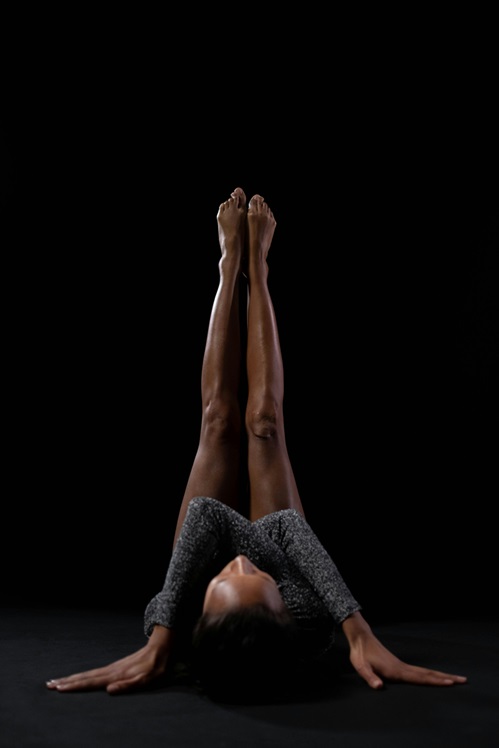
Balancing Academics and Athletics: A Global Challenge
For many athletes, the path to the Olympics is paved with sacrifices, particularly when it comes to education. The challenge of balancing academics and athletics is a common thread that binds athletes across different countries. Here, we explore the stories of athletes from the United States, Japan, Kenya, and Brazil, each offering a unique perspective on managing these dual commitments.
United States: The Story of Simone Biles
Simone Biles, widely regarded as one of the greatest gymnasts of all time, has faced the challenge of balancing her academic pursuits with her demanding training regimen. Biles, who has won numerous Olympic medals, took a unique approach to her education by opting for online schooling. This flexibility allowed her to focus on her training without compromising her academic goals.
Biles enrolled in the University of the People, an accredited online university, where she pursued a degree in business administration. The online format provided her with the freedom to study at her own pace, fitting her coursework around her rigorous training schedule. This balance was crucial in allowing her to maintain her academic progress while preparing for the Paris 2024 Olympics.
Japan: The Journey of Naomi Osaka
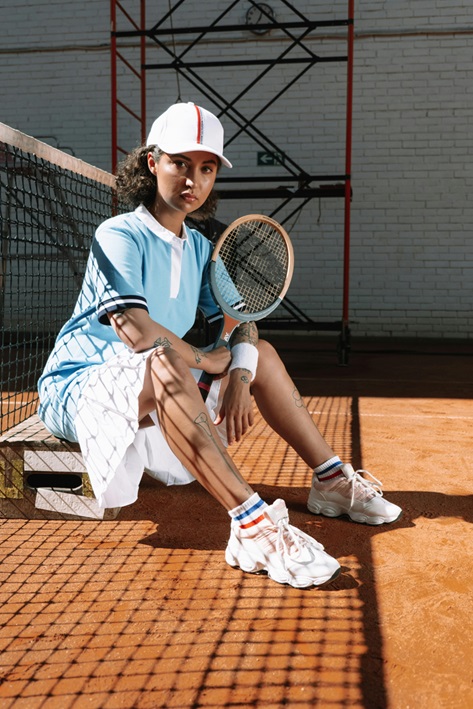
Naomi Osaka, a tennis sensation from Japan, has become a global icon both on and off the court. Balancing her studies with her sports career has been a significant challenge for Osaka, who has had to navigate the pressures of professional tennis while pursuing her education.
Osaka attended the Aoyama Gakuin University in Tokyo, where she studied sports science. The university’s flexible schedule and supportive faculty played a crucial role in helping her manage her academic responsibilities alongside her training and competition commitments. Osaka’s story is a testament to the importance of educational institutions that understand and support the unique needs of student-athletes.
Kenya: The Determination of Eliud Kipchoge
Eliud Kipchoge, the marathon world record holder from Kenya, embodies the spirit of perseverance and dedication. Despite the demanding nature of his training, Kipchoge has always emphasized the importance of education. Growing up in a rural village in Kenya, he faced numerous challenges in accessing quality education but remained determined to succeed both academically and athletically.
Kipchoge attended Kaptel Secondary School, where he excelled in his studies while training for long-distance running. His commitment to education did not waver, even as he began to achieve international recognition. Today, Kipchoge continues to advocate for the importance of education, particularly for young athletes in Kenya, emphasizing that it is possible to excel in both academics and sports with the right support and determination.
Brazil: The Rise of Rayssa Leal
Rayssa Leal, a young skateboarding prodigy from Brazil, has captured the world’s attention with her incredible skills and vibrant personality. At just 13 years old, Leal became one of the youngest athletes to compete in the Olympics, representing Brazil in skateboarding at the Tokyo 2020 Games. Balancing her education with her burgeoning sports career has been a unique challenge for this young athlete.
Leal attends a local school in her hometown of Imperatriz, where she receives support from her teachers and peers to manage her studies alongside her training and competition schedule. The school’s administration has worked closely with her family to create a flexible academic plan that accommodates her travel and training commitments. Leal’s story highlights the importance of community support in helping young athletes achieve their dreams without compromising their education.
The Role of Educational Institutions in Supporting Student-Athletes
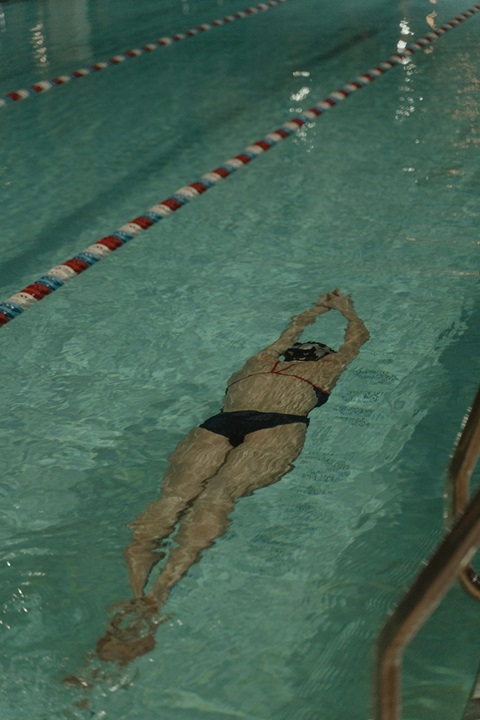
The stories of Biles, Osaka, Kipchoge, and Leal underscore the critical role that educational institutions play in supporting student-athletes. Universities and schools that offer flexible scheduling, online learning options, and supportive faculty can make a significant difference in helping athletes balance their academic and athletic commitments.
For instance, many universities in the United States have established programs specifically designed for student-athletes. These programs often include academic advisors who specialize in working with athletes, offering personalized support and guidance. Additionally, some institutions provide tutoring services and study halls to help athletes stay on track with their coursework.
Innovative Approaches to Balancing Studies and Sports
In recent years, innovative approaches have emerged to help athletes manage their dual commitments. Online education has become increasingly popular, offering athletes the flexibility to study from anywhere in the world. Platforms like Coursera and edX provide access to courses from top universities, allowing athletes to pursue their academic interests without being tied to a physical campus.
Additionally, advancements in technology have enabled better time management and communication for student-athletes. Apps and digital tools can help athletes organize their schedules, set reminders for assignments, and communicate with their instructors and coaches more effectively. These technological solutions are crucial in helping athletes maintain a balance between their studies and sports practice.
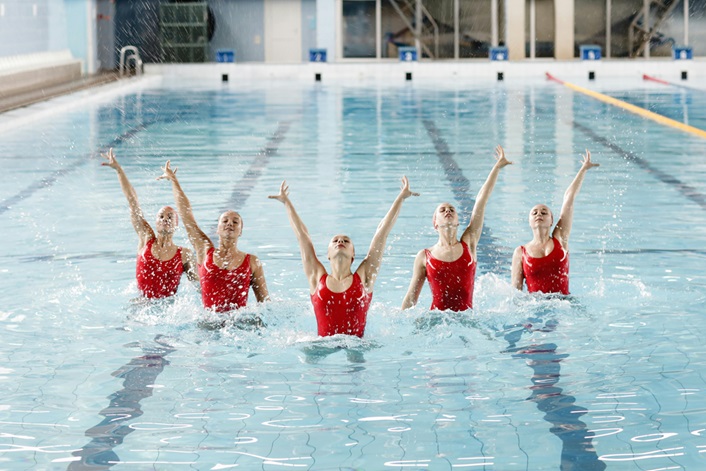
The Importance of Mental Health and Well-being
Balancing academics and athletics can take a toll on athletes’ mental health and well-being. The pressure to excel in both areas can lead to stress, anxiety, and burnout. Therefore, it is essential to address the mental health needs of student-athletes and provide them with the necessary support.
Many educational institutions and sports organizations have recognized the importance of mental health and have implemented programs to support athletes. These programs often include access to sports psychologists, counseling services, and mental health workshops. By prioritizing mental health, athletes can better manage the challenges of balancing their studies and sports practice.
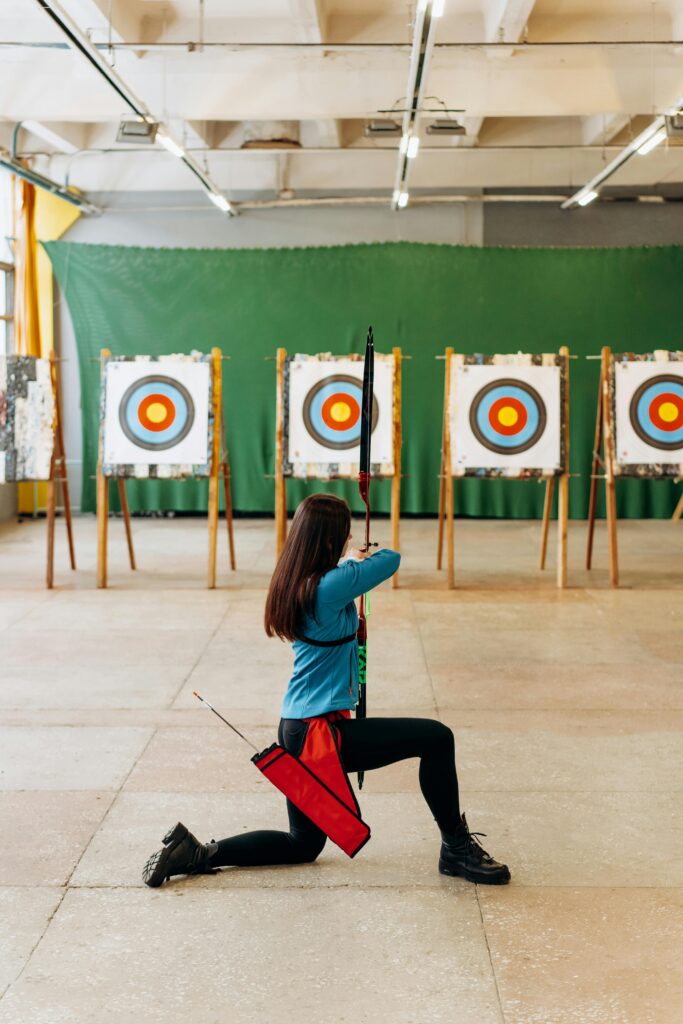
Looking Ahead: The Future of Student-Athletes
As we look ahead to the Paris 2024 Olympics, the stories of these athletes serve as a source of inspiration and motivation. Their ability to balance academics and athletics is a testament to their resilience and determination. The support of educational institutions, advancements in technology, and a focus on mental health will continue to play a crucial role in helping future generations of student-athletes achieve their dreams.
The Paris 2024 Olympics will undoubtedly showcase the incredible talents of athletes from around the world. Beyond the medals and records, it will highlight the human spirit and the extraordinary journeys of those who have overcome the challenges of balancing their academic and athletic commitments. These athletes remind us that with the right support and determination, it is possible to excel in both the classroom and the sports arena.
Disclaimer
This article is based on general information and personal experiences. Individual circumstances may vary. The content is for informational purposes only and does not constitute professional advice.


Ny weekly This is my first time pay a quick visit at here and i am really happy to read everthing at one place
Thanks for appreciating my blog, Ashish . You can check my another website http://www.mybeaudate.in .
Nice blog here Also your site loads up very fast What host are you using Can I get your affiliate link to your host I wish my site loaded up as quickly as yours lol
Thanks for appreciating my blog post. Please find my link of hosting below
https://cart.hostinger.com/pay/6d7050a9-ffdb-404f-9e35-d86e194940dd?_ga=GA1.3.942352702.1711283207